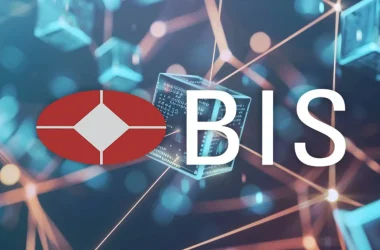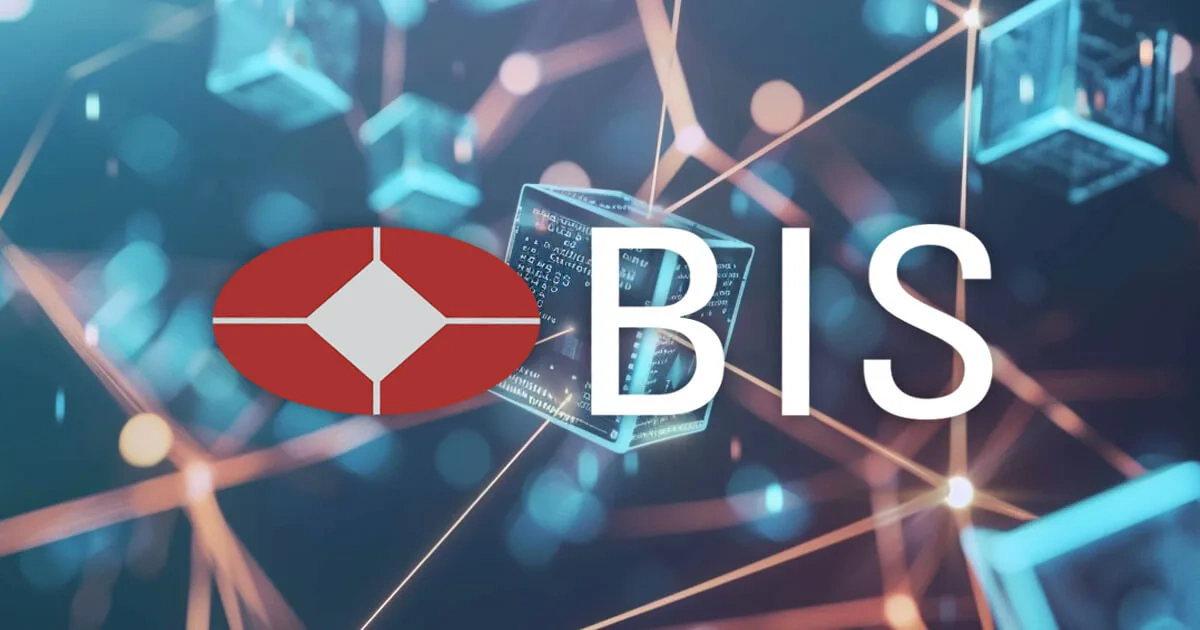The Bank for International Settlements (BIS) has partnered with multiple central banks to demonstrate regulatory compliance in cross-border transactions through Project Mandala, as revealed in an Oct. 28 announcement.
Collaborative Efforts for Regulatory Solutions
This project involves the BIS Innovation Hub Singapore Centre and central banks from Australia, Korea, Malaysia, and Singapore. The primary objective of Project Mandala is to address regulatory challenges tied to cross-border transactions across different jurisdictions.
Tackling Regulatory Discrepancies
Cross-border transactions often face compliance challenges due to diverse regulatory frameworks in various regions. These discrepancies lead to increased costs and delays. Project Mandala aims to overcome these hurdles while upholding regulatory standards.
The initiative intends to enhance the speed and efficiency of cross-border transactions by automating compliance processes. It also seeks to improve transparency by providing regulators with real-time reporting on country-specific policies.
A Compliance-By-Design Approach
Maha El Dimachki, Head of the BIS Innovation Hub Singapore Centre, emphasized the project’s use of a compliance-by-design approach. This methodology ensures both the privacy and integrity of regulatory checks.
According to the BIS, Project Mandala has reached the proof-of-concept phase, aligning with the G20’s priorities to improve cross-border payments. The project’s potential to lower costs, expedite transactions, and ensure compliance positions it as a significant step forward.
How Project Mandala Works
A Decentralized Compliance System
Project Mandala employs a decentralized infrastructure to streamline cross-border payments, embedding compliance processes within central banks and financial institutions. The system features a peer-to-peer messaging platform, a rules engine, and a proof engine.
These elements work together to verify compliance before any payment is processed. Once compliance checks are completed, the Mandala system generates proof of compliance to accompany digital settlement assets or payment instructions.
Integration with Digital Assets and Payment Systems
Project Mandala integrates seamlessly with emerging digital asset settlement frameworks, including wholesale central bank digital currencies (CBDCs) and established payment messaging systems like SWIFT. This dual integration enhances Mandala’s versatility, enabling it to support both future digital asset ecosystems and current financial infrastructures.
Furthermore, Mandala introduces programmable compliance for digital assets, which can be embedded into smart contracts, strengthening the project’s adaptability and scope in the evolving financial landscape.
The post BIS partners with central banks to tackle cross-border compliance with Project Mandala appeared first on CryptoSlate.















